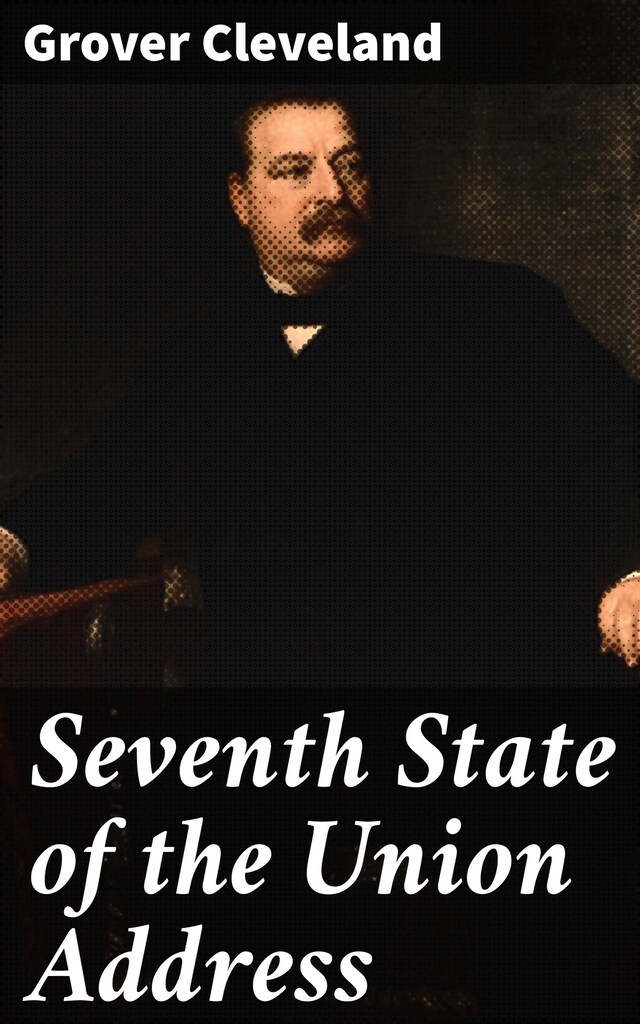
Seventh State of the Union Address
A Presidential Perspective on National Issues
Description of book
In Grover Cleveland's Seventh State of the Union Address, the author delves into the pivotal issues facing the United States during the late 19th century, offering a comprehensive analysis of the nation's political and economic landscapes. Renowned for its direct and unembellished prose, the address provides insights into Cleveland's values and vision amidst the backdrop of industrialization and growing public demand for political reform. The address not only addresses pressing domestic matters such as tariffs and labor conditions but also reflects the era'Äôs complexities, marked by the tension between states' rights and federal oversight. Cleveland's commitment to a limited government and fiscal conservatism is clearly articulated, showcasing his role as a stalwart of the Democratic Party's classical liberal values during a time of significant change. Grover Cleveland, the only U.S. president to serve two non-consecutive terms, was a steadfast reformer influenced by his early experiences as a lawyer and public servant. His pragmatic approach to governance stemmed from witnessing the political corruption endemic in his time as mayor of Buffalo and as governor of New York. Cleveland sought to challenge the status quo through policies aimed at reducing waste and inefficiency in government, revealing his deep-rooted belief in accountability and integrity. This address is highly recommended for readers interested in American political history, reform movements, and the development of presidential rhetoric. Cleveland's eloquent defense of his principles provides not only a historical perspective but also serves as a timeless critique of governance that resonates within contemporary discourse. Scholars and general readers alike will find value in this significant document that articulates the challenges of its era while echoing ongoing debates about the role of government in society.
 Grover Cleveland
Grover Cleveland 51 Pages
51 Pages